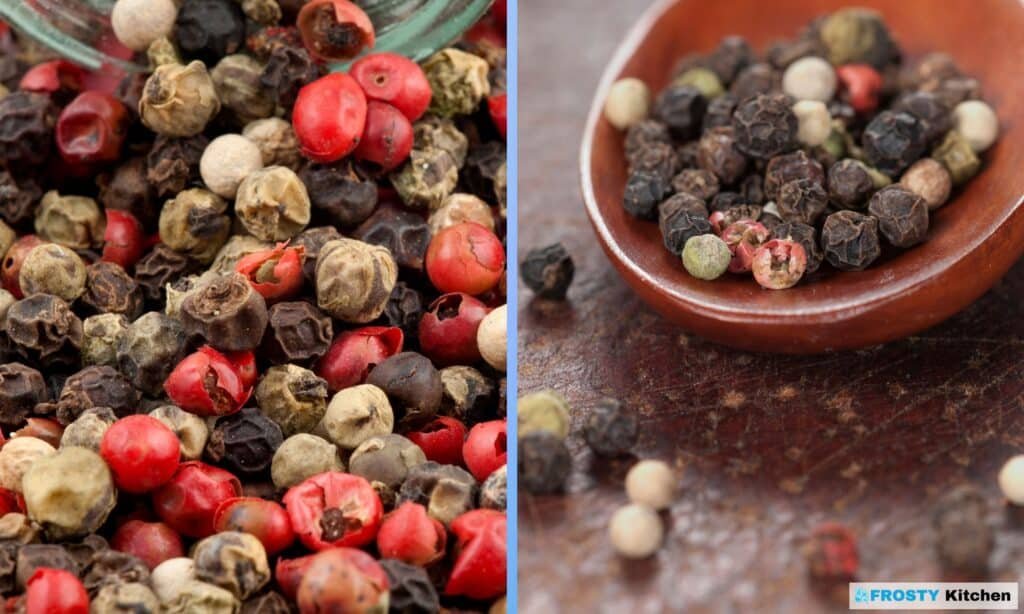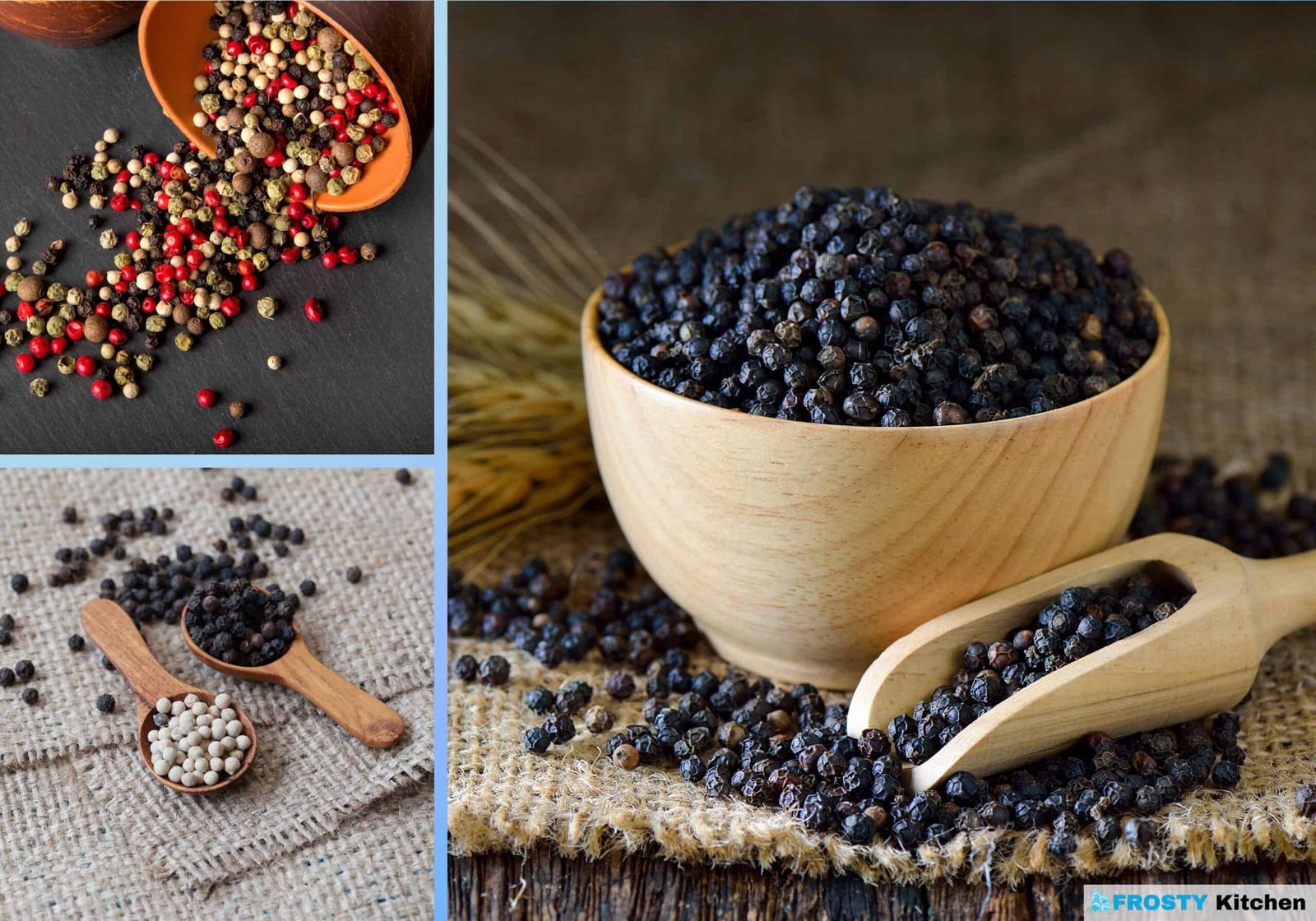Pepper seeds, derived from various species of Capsicum, are often saved and stored by gardeners and culinary enthusiasts for future planting or spice-making. These seeds are a gateway to the spicy, sweet, or tangy flavors that peppers offer. Freezing pepper seeds can be a practical method to preserve their viability and extend their shelf life. This article delves into the origins, benefits, and systematic guide on freezing pepper seeds efficiently.
What is Pepper Seeds?
Pepper seeds are the seeds harvested from various types of peppers, whether sweet or hot, belonging to the genus Capsicum. These seeds can be used for planting to grow new pepper plants or, in some traditions, ground into a spicy powder.
Origin and History
- The use of peppers and their seeds dates back over 6000 years in Latin America. With the exploration era, peppers spread across the globe, becoming a staple in many cuisines.
- Today, pepper seeds are saved and shared by gardeners worldwide, and the cultivation of different pepper varieties is a testament to the global love for these spicy fruits.
Nutritional Value
- While often used for planting, pepper seeds do contain capsaicin, the compound responsible for the hotness of peppers, along with a modest amount of fiber and fat.
- However, the nutritional value is mostly found in the flesh of the pepper rather than the seeds.

Benefits of Freezing Pepper Seeds
Freezing pepper seeds offers several advantages:
- Preservation of Viability: Freezing helps to preserve the germination viability of pepper seeds.
- Extended Shelf Life: Pepper seeds’ shelf life extends significantly when frozen, providing a ready supply for future planting.
- Protection from Pests: Freezing can also protect seeds from pests and diseases.
Preparing Pepper Seeds for Freezing
- Drying: Ensure that pepper seeds are thoroughly dried before freezing to prevent moisture damage.
- Packaging: Utilize airtight, freezer-safe containers or vacuum-sealed bags to keep pepper seeds protected from moisture and freezer burn.
Step-by-Step Guide to Freezing Pepper Seeds
Preserving the viability of pepper seeds by freezing involves a few crucial steps. Here are general methods to freeze pepper seeds; however, the specifics might vary based on your individual circumstances.
Method 1: Freezing in Airtight Containers
- Preparation: Ensure pepper seeds are clean and thoroughly dried.
- Storage: Transfer pepper seeds into airtight containers.
- Freezing: Place the containers in the freezer, ensuring they lay flat for uniform freezing.
Method 2: Freezing with a Vacuum Sealer
- Preparation: Same as Method 1, ensure pepper seeds are clean and thoroughly dried.
- Vacuum Sealing: Place pepper seeds in vacuum seal bags, use a vacuum sealer to remove all air, and then seal the bags.
- Storage: Label the bags with the date and place them in the freezer.
Refreezing Pepper Seeds
Refreezing pepper seeds is not advisable as it could lead to a loss of viability and potentially affect germination rates.
Storage Duration and Factors Affecting it
- Duration: Frozen pepper seeds can be stored for up to 2-5 years, depending on various factors.
- Factors: Factors like the initial viability of pepper seeds, the method of freezing, and the consistency of the freezing temperature can affect the storage duration.
Frequently Asked Questions
Q1: How can I use frozen pepper seeds?
- Frozen pepper seeds can be thawed at room temperature and used for planting. It’s advisable to plant them immediately after thawing to ensure the highest germination rates.
Q2: Do pepper seeds lose their viability over time?
- Yes, over time, the germination rate of pepper seeds can diminish. However, freezing can significantly slow down this process and preserve its viability.
Q3: Can I freeze pepper seeds directly from the fruit?
- It’s essential to clean and dry pepper seeds thoroughly before freezing to prevent moisture damage and preserve their viability.

